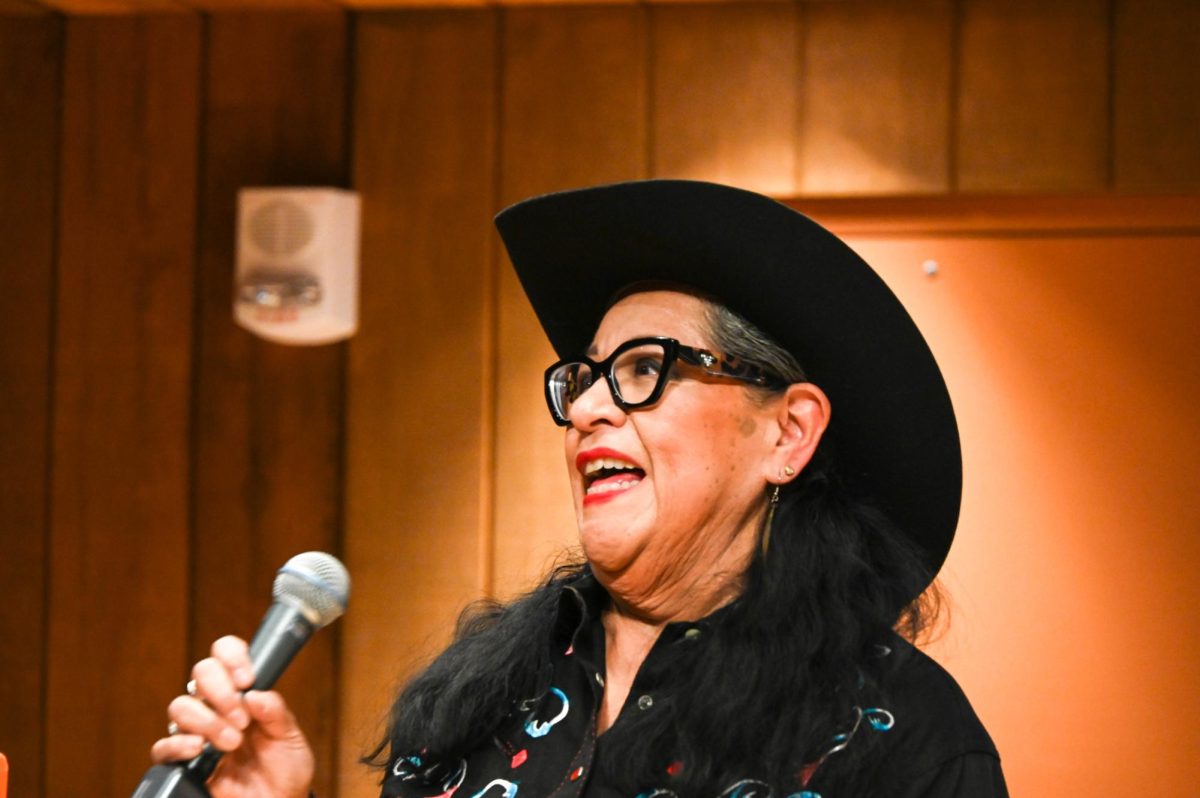On March 19, the Ohio House of Representatives passed Senate Bill 1; now all that’s left is Governor Mike DeWine’s signature to sign the bill into law.
In the House, it passed with 59 yeas, all affiliated with the republican party and 34 nays, most of which were affiliated with the democratic party, except for three republican representatives.
After passing in the House, the bill was sent to DeWine, who has until March 29 to come to a final decision on whether or not to sign it into law.
He has the chance to pass it, veto it or veto specific parts of the bill, which could drastically change the meaning.
If passed by DeWine, it will go into effect in 90 days, giving BGSU and other public universities the time to align with the law.
The university was unable to provide a comment on the situation before publication.
“I personally fear that this will negatively affect the quality of higher education in Ohio,” said D’Mya Brown, sophomore PPEL (philosophy, politics, economics, law) student. “Things like the way the bill limits the discussion of certain topics in the classroom and prevents professors from striking is going to drive a lot of amazing students and educators from Ohio to other states.”
The bill eliminates DEI, or diversity, equity, and inclusion programs, like majors and classes focusing on marginalized groups, like women’s studies and African American studies. The elimination of DEI impacts women, the LGBTQ+ community, racial and religious minorities and disabled people.
This legislation also prevents university faculty from striking or walking out and may cut programs, leading to many professors losing their jobs or funding.
“I learned that there is a lot of outspoken opposition and that students, administrators, and faculty all have a lot of valid concerns about the ways that Senate Bill 1 will impact Ohio education,” Brown said.
It also requires students to take a course in American civics and capitalism, but with the elimination of DEI, it could cut BG Perspective Courses that focus on diversity, like Black Popular Culture and Introduction to Women’s Studies: Perspectives on Gender, Class, and Ethnicity.
This also changes the way professors can instruct and how universities can endorse topics that the state deems as controversial.
“I think BGSU does a good job prioritizing student well-being, so I’m not too sure what big changes will be made,” Brown said. “However, it may be possible that things like classroom discussions change as professors may feel less comfortable facilitating discussions on difficult or controversial topics, as it could mean negative repercussions for them.”
Scholarships offered at BGSU based on diversity or inclusion could also be taken away, leading to many students needing to pay more out of pocket, take out more loans or being forced to drop out.
“I personally have considered changing my future plans, such as getting a master’s degree or going to law school, to moving out of Ohio to pursue those goals, as I feel the quality of higher education in Ohio will be affected as a byproduct of this bill,” Brown said.
The Ohio Senate passed Senate Bill 1 on Feb. 12 with 21 yea votes, all from republicans and 11 nay votes from 10 democrats and one republican.
When on a trip to Columbus with the Undergraduate Student Government, Brown talked to many senators and representatives about the bill.
“We discussed the ways that it will have possible adverse impacts on everyone involved in higher education and why the lawmakers who signed it should consider and really hear the opposition testimony and take it into consideration,” Brown said.
While in the Senate and House, the bill had 39 proponents testify and 1,728 opponents to the law, many of whom represented themselves.
“It’s disheartening to see how little elected officials take into account the wants of their constituency,” Brown said.
With many Ohio citizens feeling underrepresented by their elected representatives, people now have to wait for DeWine’s final verdict to begin preparing for next semester.
“At the end of the day, they were voted in to be the representative voice of the people they serve, and given how much opposition was given to the bill, it seems obvious that some lawmakers aren’t honoring that duty,” Brown said.




















